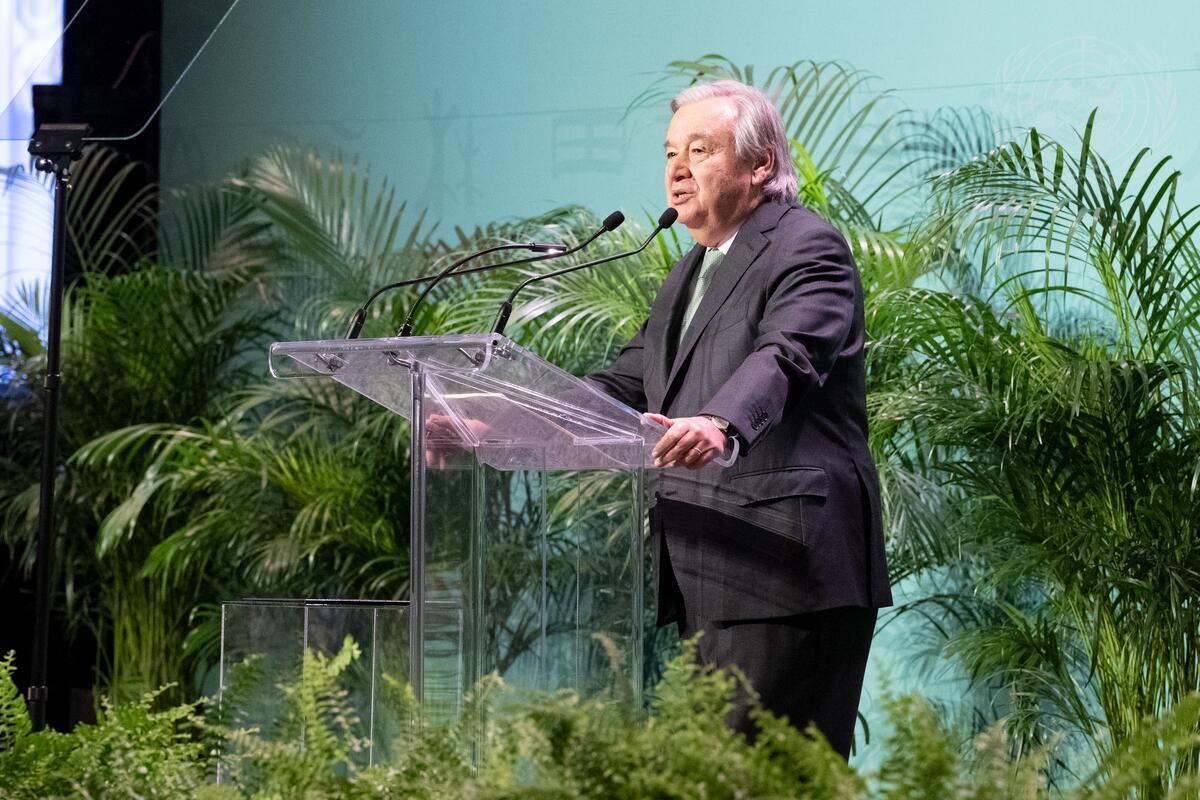
UNFCCC recaps COP15
The United Nation Environment Programme’s Biodiversity Conference (COP15) in Montreal was an important event for the United Nations Framework on Combating Climate Change as well (UNFCCC). For UNFCCC it is excellent news that the participants have reached an agreement that represents a key step in protecting the world’s lands and oceans and bolsters efforts to safeguard the world’s climate by committing to protect 30% of land and water considered important for biodiversity by 2030. Currently, only 17% of terrestrial and 10% of marine areas are protected.
The Kunming-Montreal global biodiversity framework also calls for raising USD 200 billion by 2030 for biodiversity from a range of sources and working to phase out or reform subsidies that could provide another USD 500 billion for nature. As part of the financing package, the framework asks for increasing to at least USD 20 billion annually by 2025 the money that goes to poor countries. That number would increase to USD 30 billion each year by 2030.
Land and marine ecosystems are home to the vast majority of the world’s species. They absorb more than 50 per cent of man-made carbon emissions, which makes them vital to meeting the Paris Agreement’s central goal of holding global average temperature rise to below 1.5 degrees compared to pre-industrial times.
Biodiversity also plays a huge role in building resilience to the unavoidable impacts of climate change, with nature-based solutions such as the protection of coral reefs and mangrove forests protect coastal communities from storms, flooding and erosion.
It is noteworthy that a number of retail and business associations announced pledges at Biodiversity COP15 to become accelerators for the UN's Race to Zero campaign, designed to encourage governments and non-Party stakeholder to reach net zero greenhouse gas emissions by 2050.
The next UN biodiversity summit will take place in 2024 and is expected to see countries strengthen financial commitments towards halting biodiversity loss.
Read UNFCCC’s full report on COP15 in Montreal here.